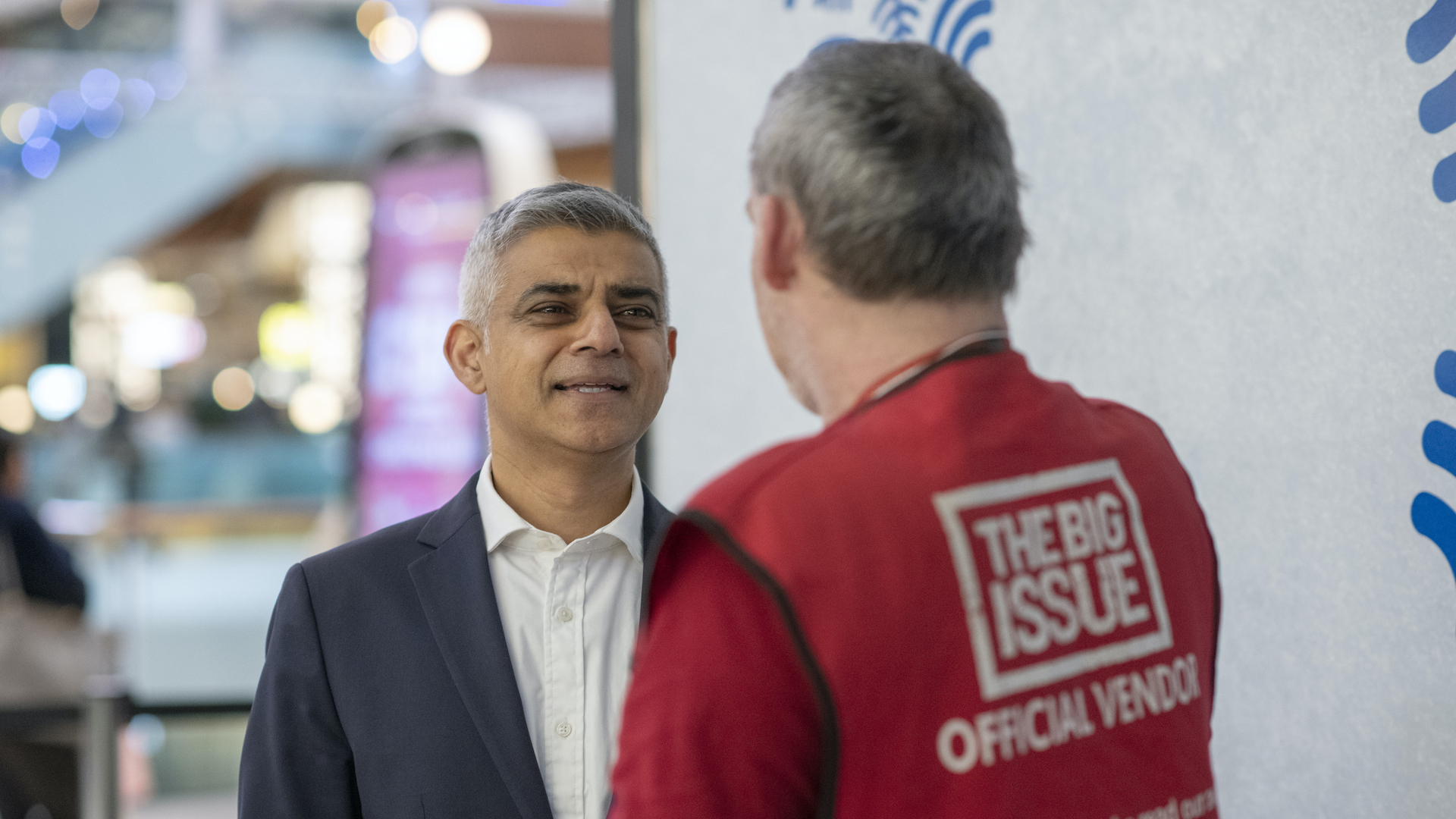Since I was elected Mayor of London in 2016, helping people sleeping rough on our city’s streets has been a personal priority. We’ve made it our mission to ensure those without a roof over their heads get the support and services they need.
In my first five years as Mayor, City Hall has helped a record 11,000 rough sleepers get off our streets. In the last year alone, the number of rough sleepers in London has fallen by 37 per cent. Our pioneering ‘In for Good’ principle has meant that, following our intervention, more than 80 per cent of those we’ve supported weren’t seen sleeping rough again.
We’ve also sponsored new, innovative services like our ground-breaking rapid response outreach team and set a new pan-London threshold for emergency accommodation, so it becomes available right across the capital as soon as temperatures fall below freezing. Last weekend saw us open our emergency shelters for the first time this year.
When the coronavirus pandemic hit, London stepped up — with a world-leading response to getting rough sleepers in off the streets and into Covid safe hotels, ensuring that the most vulnerable weren’t left at the mercy of this deadly virus. During the pandemic more than 2,500 rough sleepers were accommodated in City Hall-provided accommodation as part of the Everyone In programme. It was our city’s rapid action, working alongside councils and charities, that pushed central government to act too, and undoubtedly saved lives.
But there’s still much more we need to do, and the pioneering work carried out to tackle homelessness during the height of the pandemic could go to waste if lessons are not learnt, and substantial support for rough sleepers is not forthcoming from the government.
In 21st century Britain, and in a city as prosperous as ours, there’s absolutely no excuse for anyone to be left sleeping on the streets. Yet the reality is as soon as we get one rough sleeper off the streets, they are replaced by someone else. After a decade of austerity, cuts to welfare payments, a hostile immigration system and a longstanding housing crisis, it has become much easier for people to end up on our streets and much harder for rough sleepers to find a way off them. In particular, there’s a huge gap in support for homeless non-UK nationals, which remains a litmus test for the government’s commitment to helping everyone who is currently sleeping rough. If ministers are serious about ending rough sleeping, in addition to proper funding, we need to see policy changes too.





